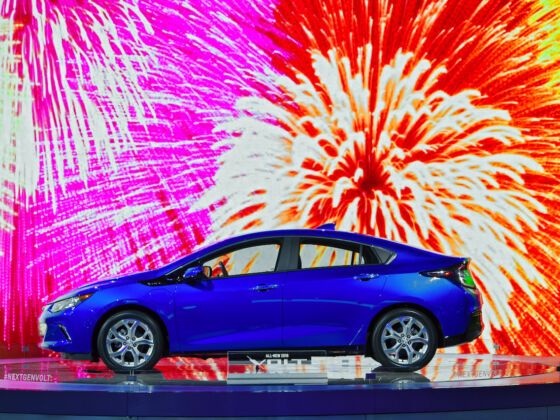This is The Climate Win, the most positive sustainability news around the world every week.
US President Joe Biden’s rapid approach to addressing climate change appears to be spearheading a global reapproach to climate policy – and this is, in turn, infiltrating many aspects of the global economy. This includes travel, beginning with the future of ground transportation and continuing all the way up to 30,000 feet. Let’s dive in.
